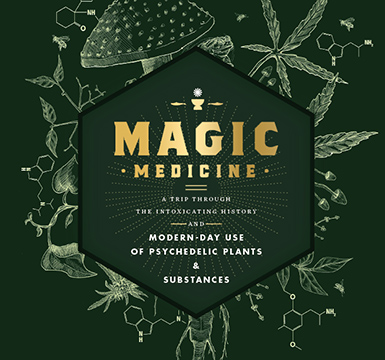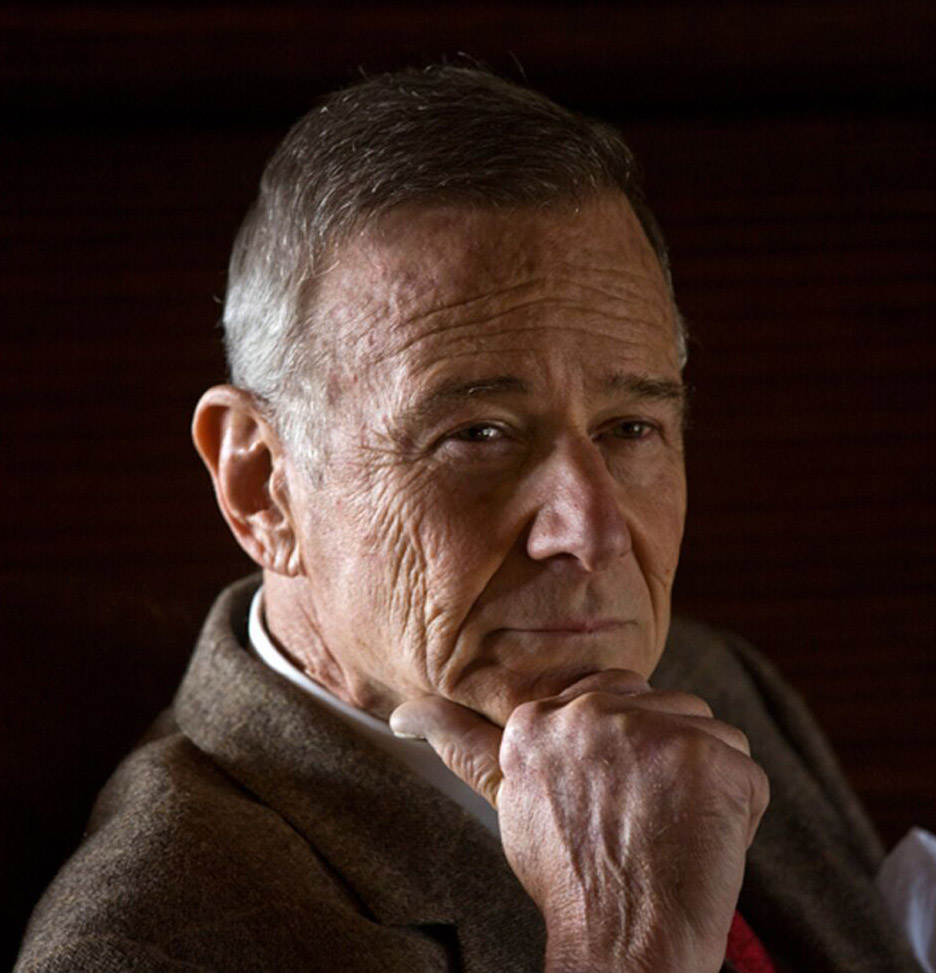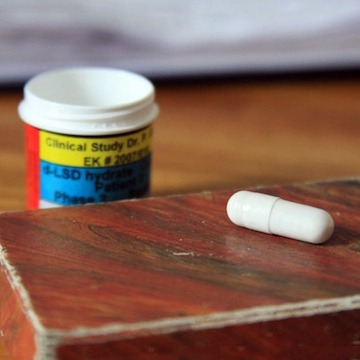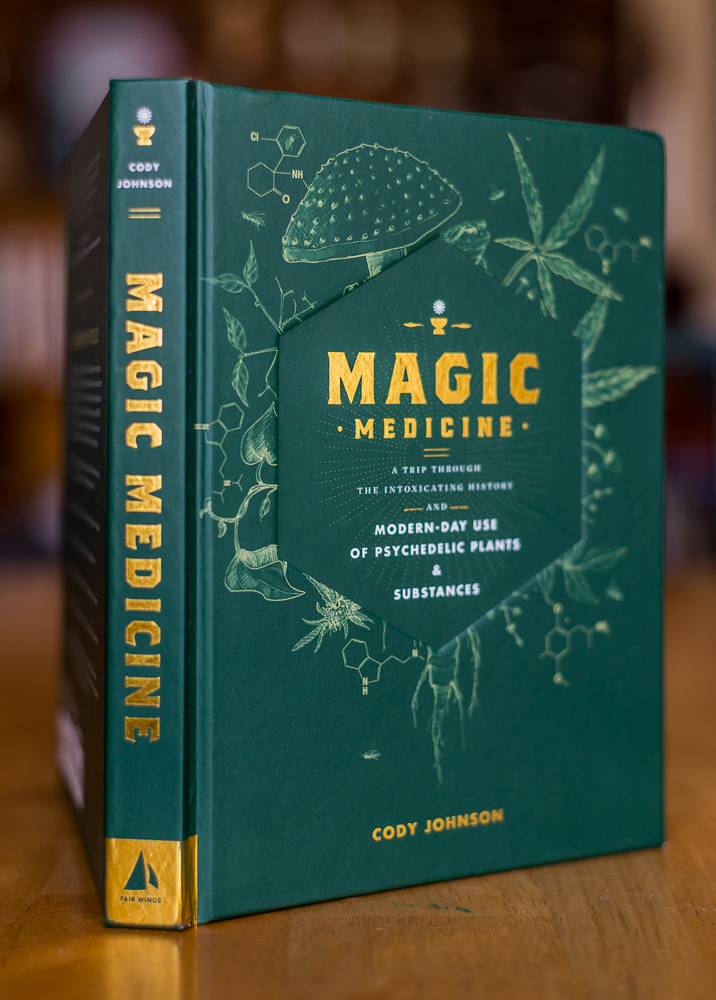
MAPS, the Multidisciplinary Association for Psychedelic Studies, has been an instrumental force in psychedelic research and advocacy since its formation in 1986. In my opinion, this non-profit organization has done more to establish psychedelics as legitimate medicines than anyone else in the world.
Their biggest project is proving the safety and effectiveness of MDMA-assisted therapy as a treatment for post-traumatic stress disorder (PTSD). They have performed a number of studies around the world indicating its effectiveness — even with the one-third of PTSD patients who do not respond adequately to other treatments.
As you can imagine, MAPS does not have the budget of Big Pharma. The non-profit depends on private donations for all of its research, and clearing the FDA hurdles to establish MDMA as a legal medicine will take millions of dollars in the coming years. In order to help fund their ongoing studies, MAPS is looking to raise $50,000 with an Indiegogo campaign.
Here’s the evidence so far:
In a recently completed study, 83% of subjects receiving MDMA-assisted psychotherapy no longer qualified for PTSD, and everyone who received a placebo and then went on to receive MDMA-assisted psychotherapy experienced significant and lasting improvements. These results were published in the Journal of Psychopharmacology. These subjects had suffered from PTSD for an average of 19 years.
A long-term follow-up of subjects receiving MDMA-assisted psychotherapy revealed that overall benefits were maintained on average for 3½ years or more.
Sound like something worth supporting? I think so. Check out the Indiegogo campaign — even if you don’t choose to donate, it’s worth learning just how much effort is involved in getting a new medicine approved for legal use. And if you want to learn more about MDMA-assisted therapy, check out the MAPS-sponsored website mdmaptsd.org.
I’m very confident that MDMA will be approved for therapeutic use in a few years. When it is, we’ll have MAPS to thank — and all the donors who contributed to its vision.
Liked this post? Subscribe to my RSS feed to get much more!











